If you went to PreK-12 in Arizona, I have a survey for you. What grade were you in when you learned the following:
In 1943, Asian Americas living west of Grand Avenue in Glendale, AZ went to interment camps; however, Asian Americans living east of the road went to Glendale High School.
In 1953, Lincoln and Eleanor Ragsdale became the first black couple allowed to live north of Van Buren Street in Phoenix — and only because they got their white friend to purchase the home on their behalf.
In 1956, the completion of the Glen Canyon Dam in Page, AZ erased and flooded religious sites belonging to Navajo Nation.
In 1996, Maricopa County approved bulldozing three historical black-owned buildings featured in the nationally published ‘Green Book’ in order to make way for Chase Field.
Did you learn about American injustice in non-specific broad terms? Did you learn about it at all?
I wonder this because I attended an often-lauded public school — a school praised in news paper columns, and nationally ranked in The US News and World Report — and I didn’t learn any of these things in school.
We, Americans, have a practice of glossing over our history. We have a practice of sugar-coating reality and omitting the truth. When the text books do touch on these issues, they approach them as if “other” Americans did this thing. We learn about it in a way that feels distant or like our prioritization of White Society is a thing of the past.
So, I’m wondering. I’m wondering how do we re-frame and prioritize local history. How can we all implement practices that connect our students to the actual community around them instead of some ethereal America that happens to be us, but simultaneously not us?
It’s a big question. It’s the type of project that requires a paradoxical approach — every teacher needs autonomy, but every teacher will need resources, guides, and curriculum.
If we want a paradigm shift, we cannot rely on a few teachers who feel incentivized to find a few reading excerpts to augment their lessons; we cannot rely on a few math teachers to reword word problems to include these facts; it cannot fall to our US History Teachers to localize every single unit with their ever-growing curriculum.
We need district-wide or state-wide resources and directives. So, as we engage with our district leaders — bring it up. Talk about the void in our communities. Urge administrators to prioritize the local perspective,
In the meantime, teachers, who already have the leniency to adjust texts and augment their plans, have a heavy amount of research to do. Be careful, many resources also like to sugar-coat your community’s reality. I’d recommend listening to locally produced podcasts, following local reporters on social media, and scouring data bases. Not-for-nothing, also, reading a plaque or two around town can really open up some leads. Pictures of said sites and plagues could open up a great student-paced discovery activity as well.
For instance, as my ninth grade class year-long focus is expository writing, I developed a six article packet about the history of our school’s neighborhood, from the ancient Hohokam to the modern construction of canals. The students have to explain how the community came to be by highlighting the influential people in our history. For next year, I’ll add another practice featuring information about the history of school segregation in Arizona (Did you know the Arizona Supreme Court found school segregation unconstitutional twice before Brown vs Board of Education called for national integration?)
Have you worked to localize the learning in your classroom? Do you have any activities or units you are particularly proud of? Leave them in the comments below — or even better tag me in a post on twitter as you share it with our growing Arizona Twitter PLN: @PhxJayKing

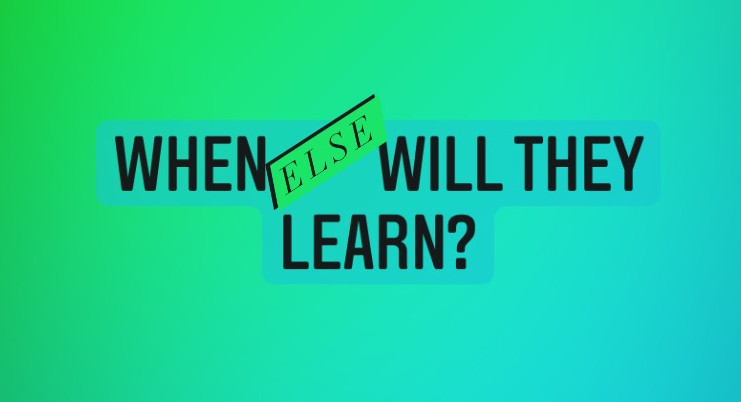




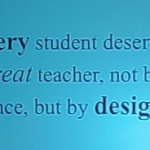
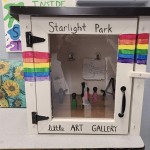
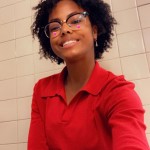
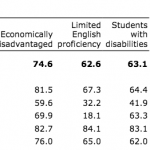
Comments 1
I really like the way you focus on rooting out the truth. It’s not about pointing fingers and laying blame, it’s about being honest about who we are and what happened to bring us to the present.